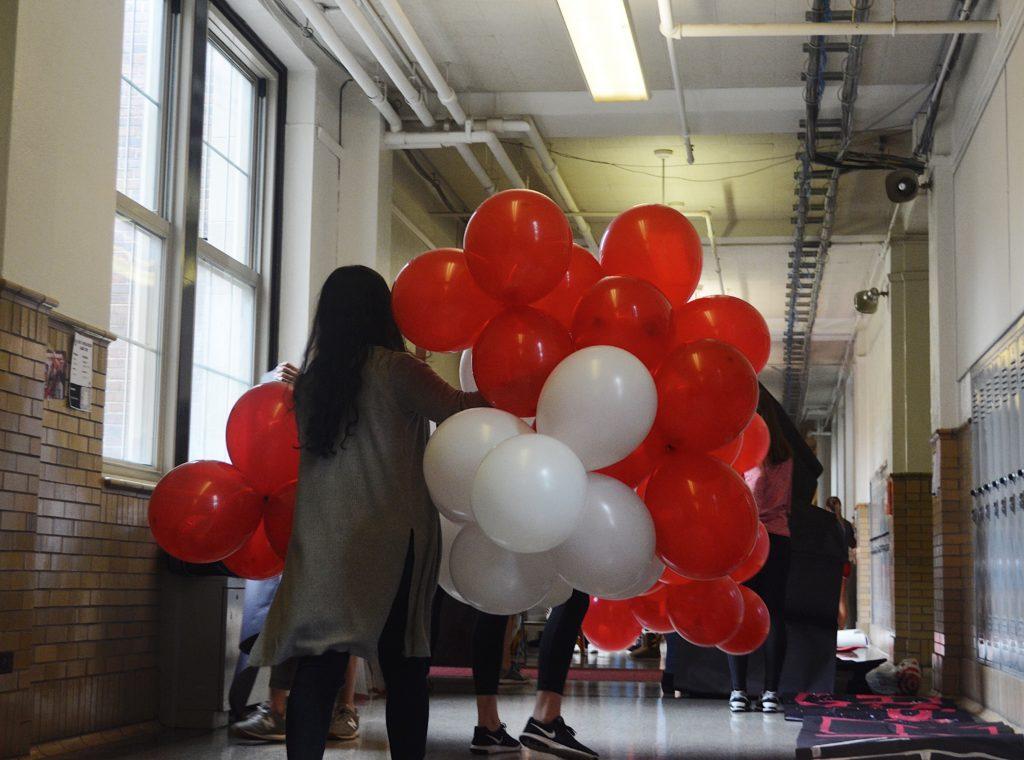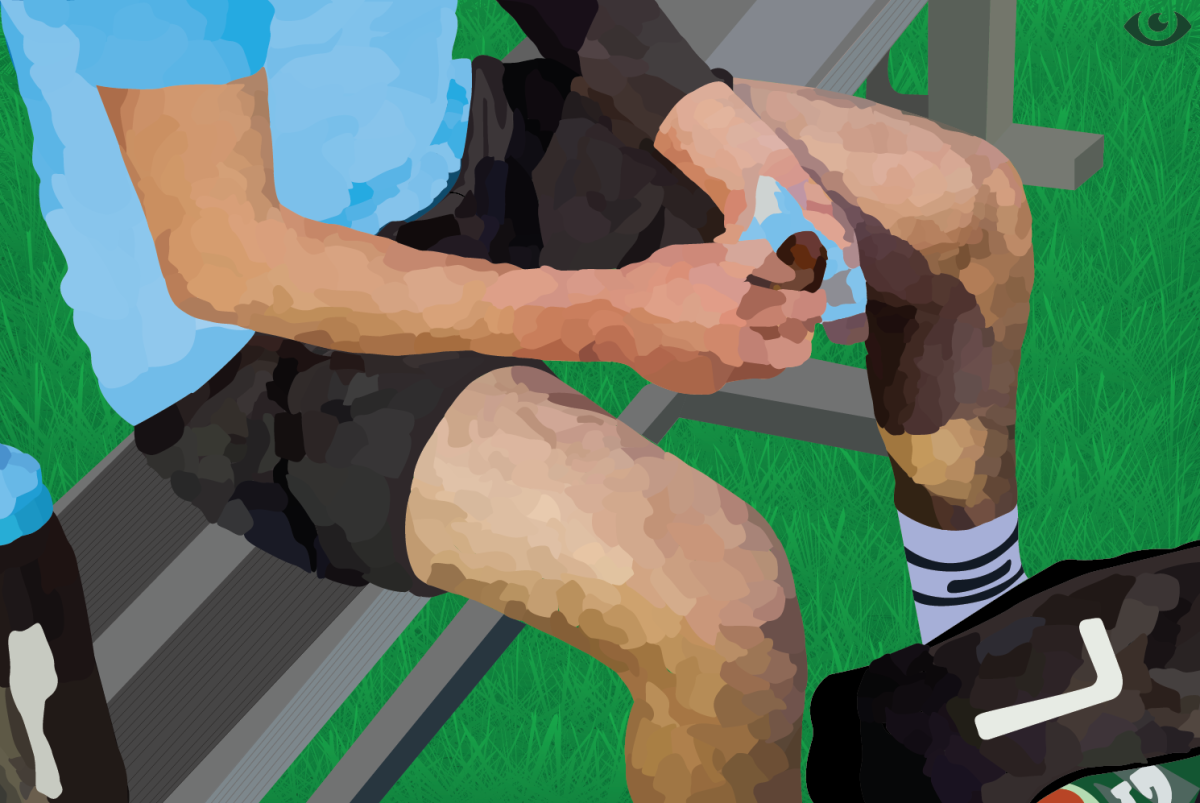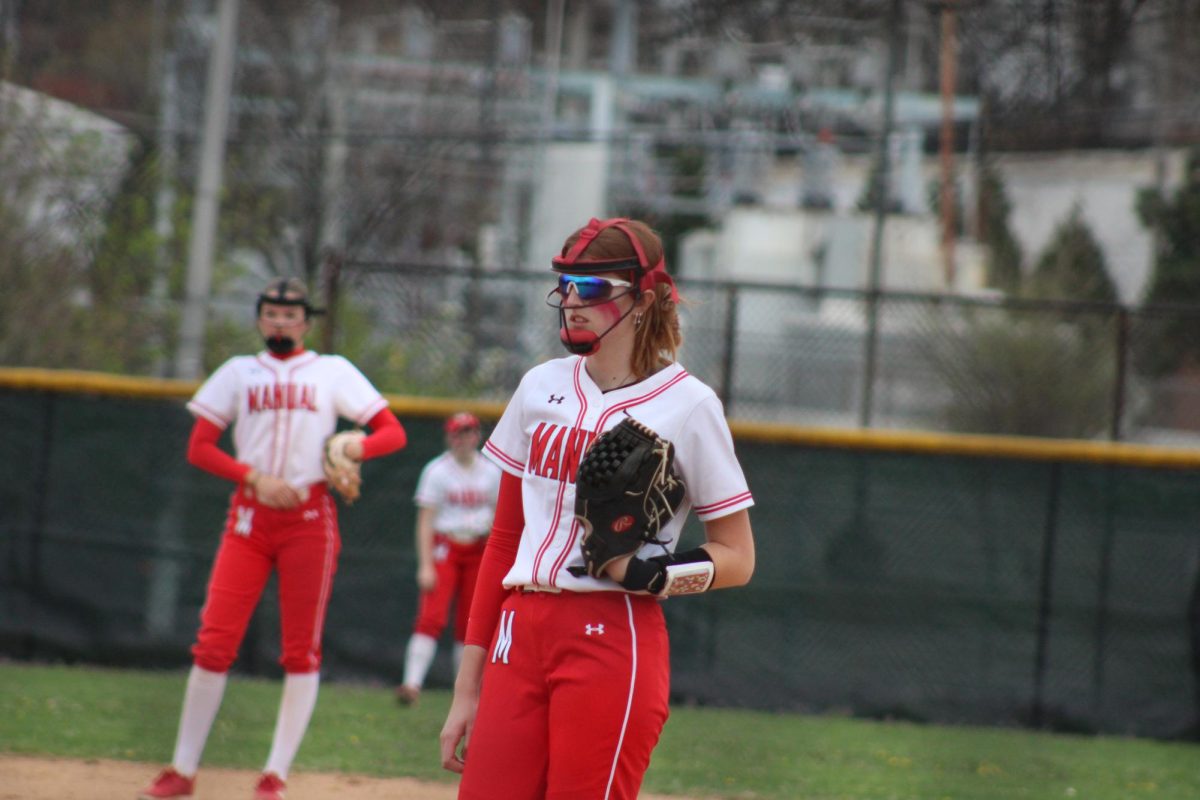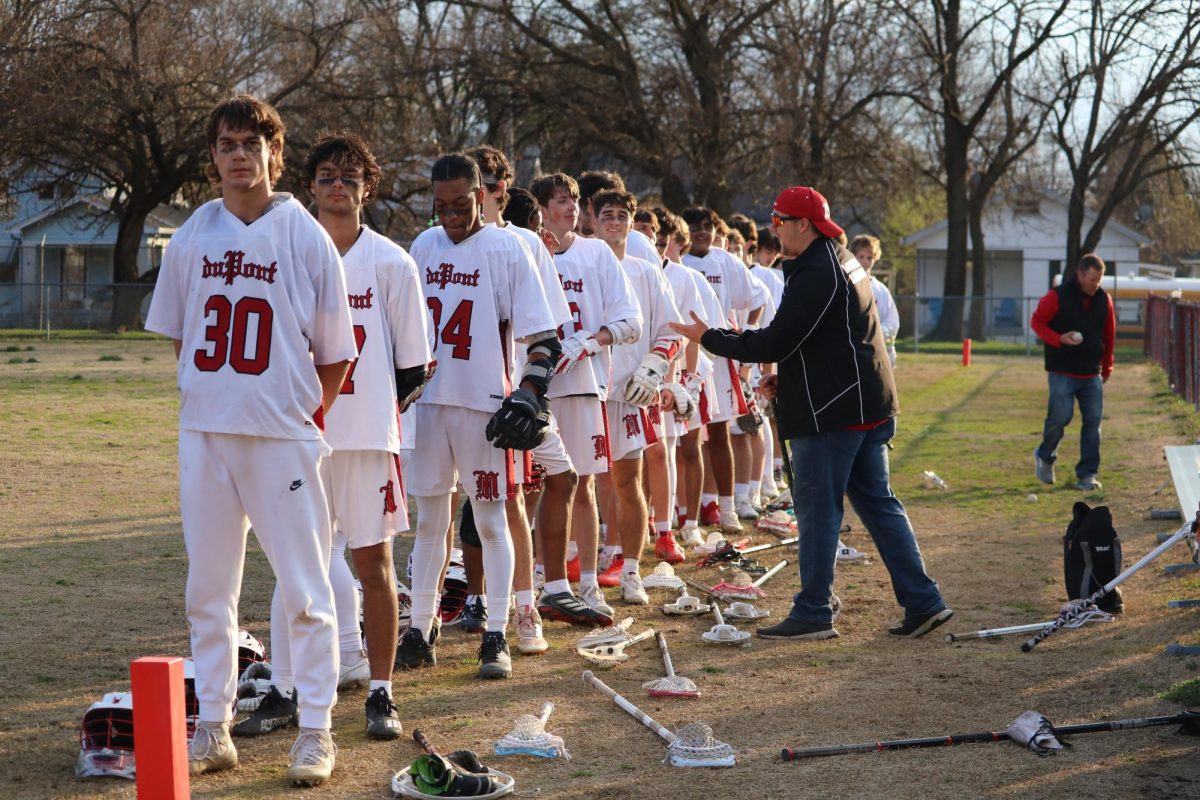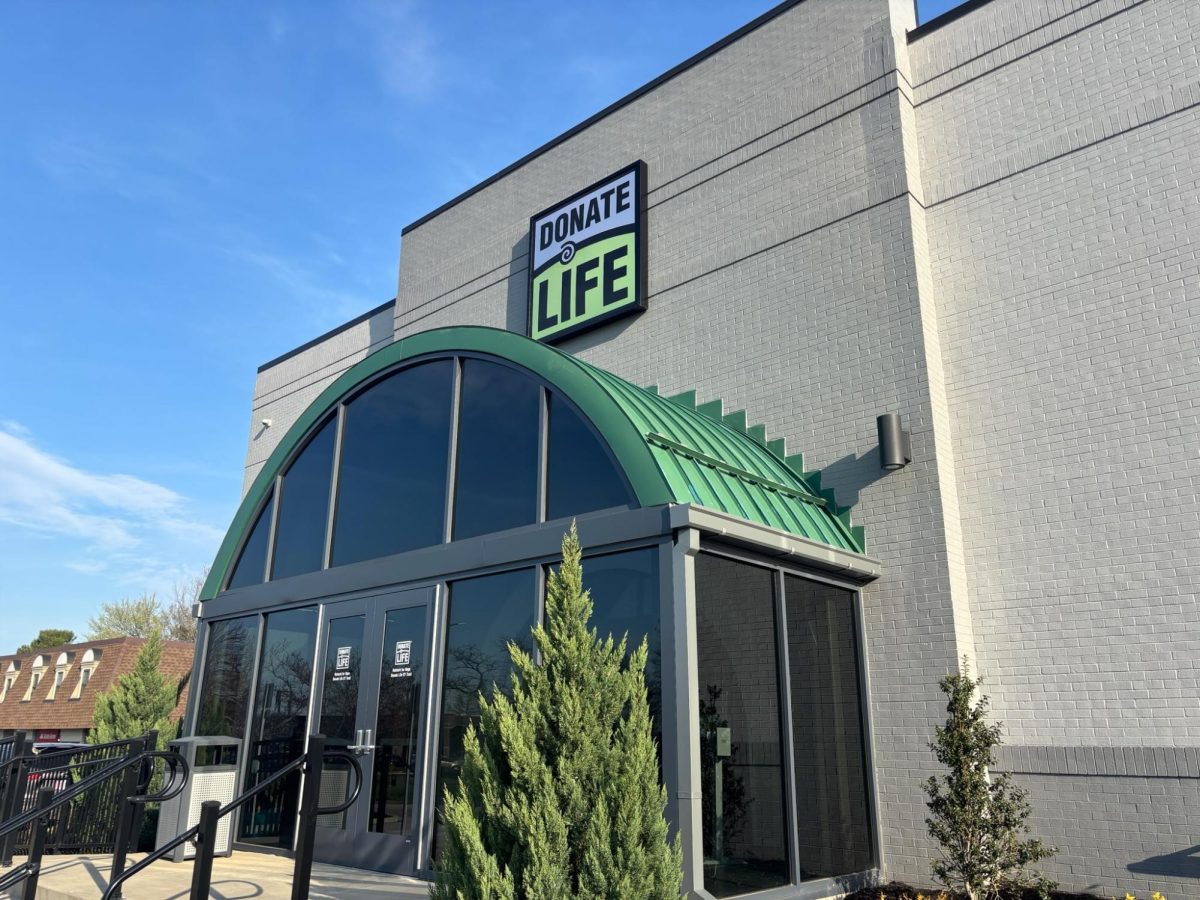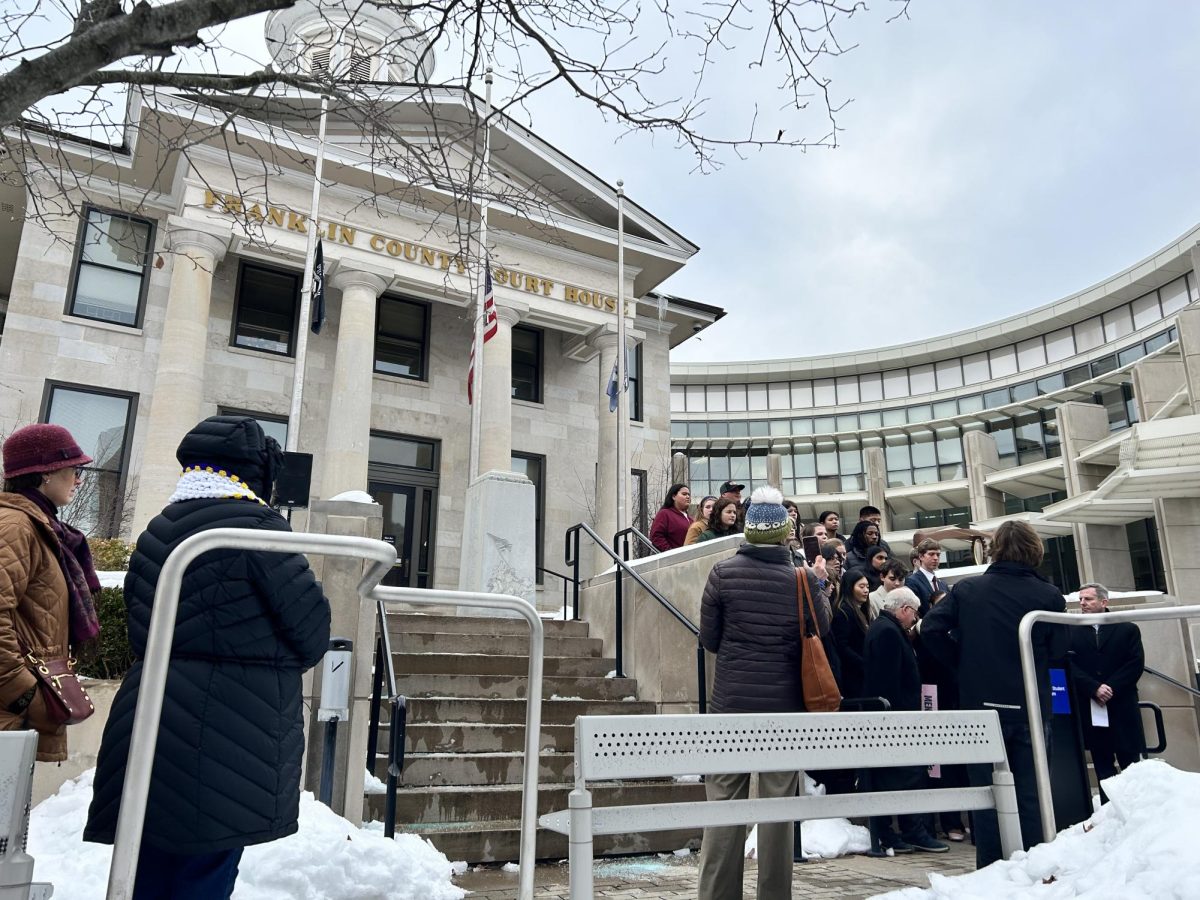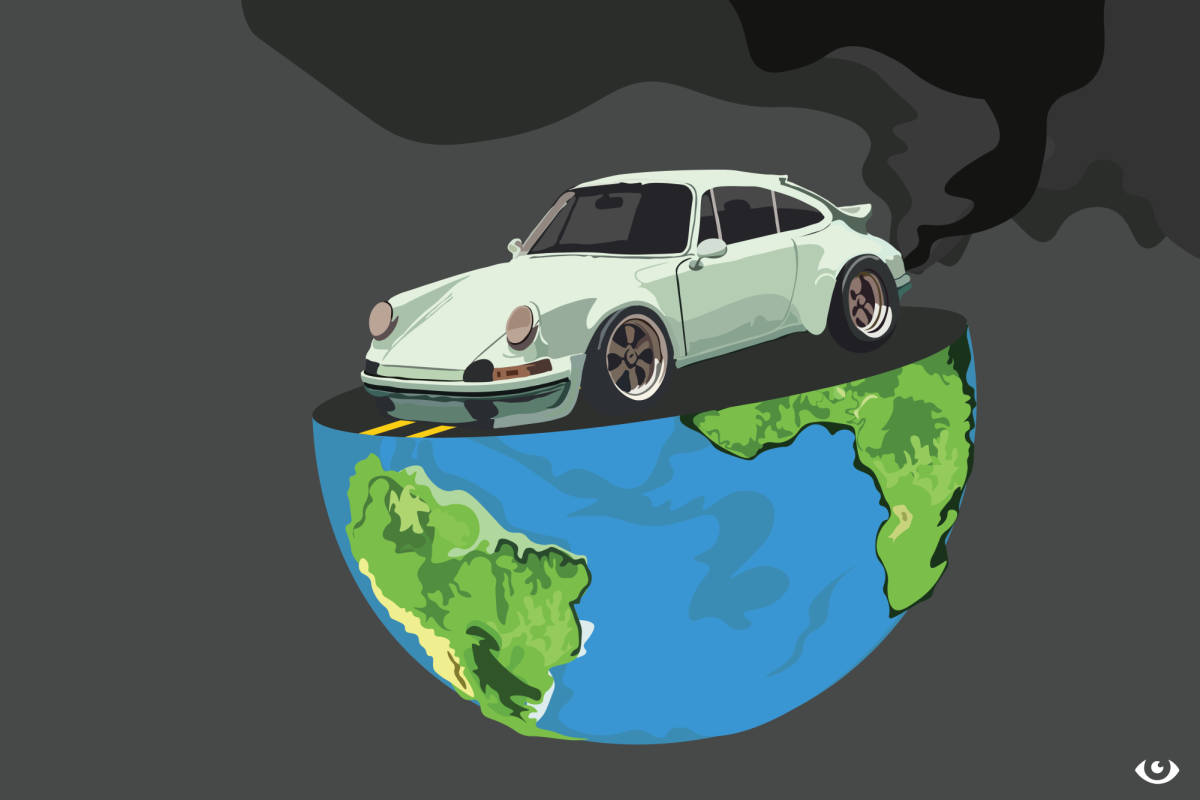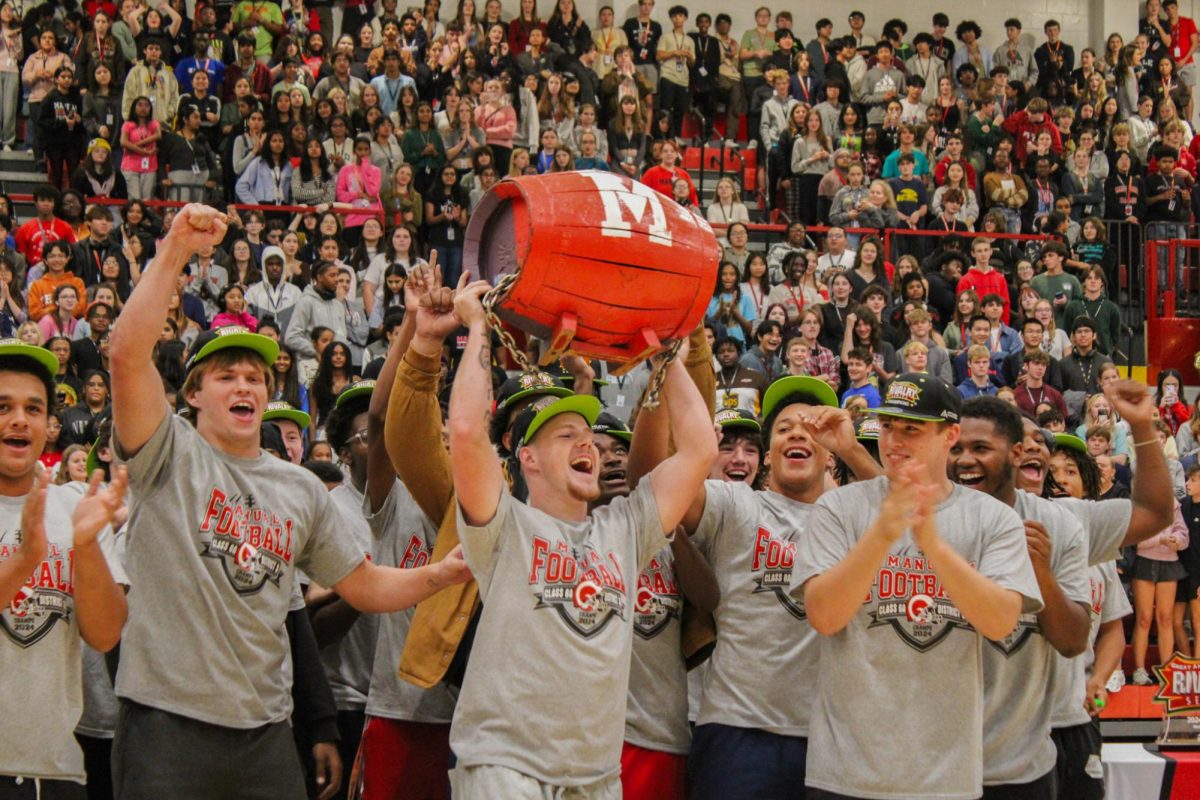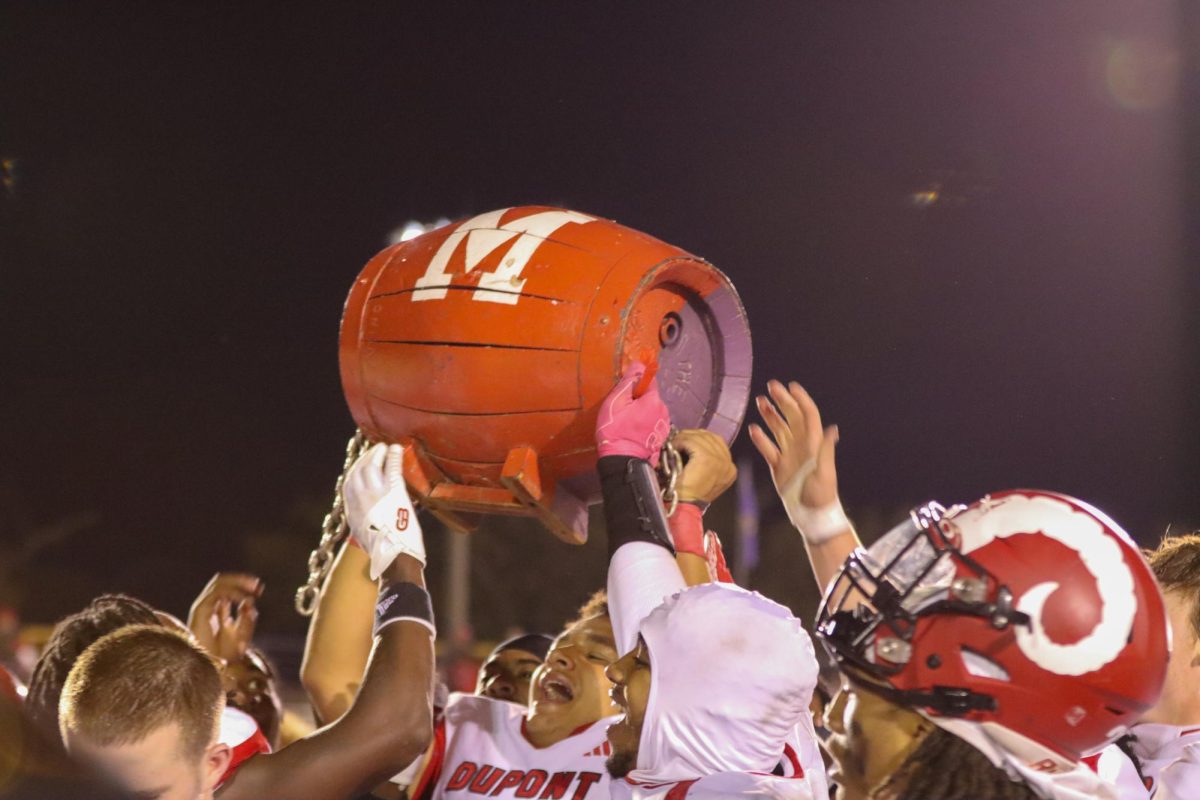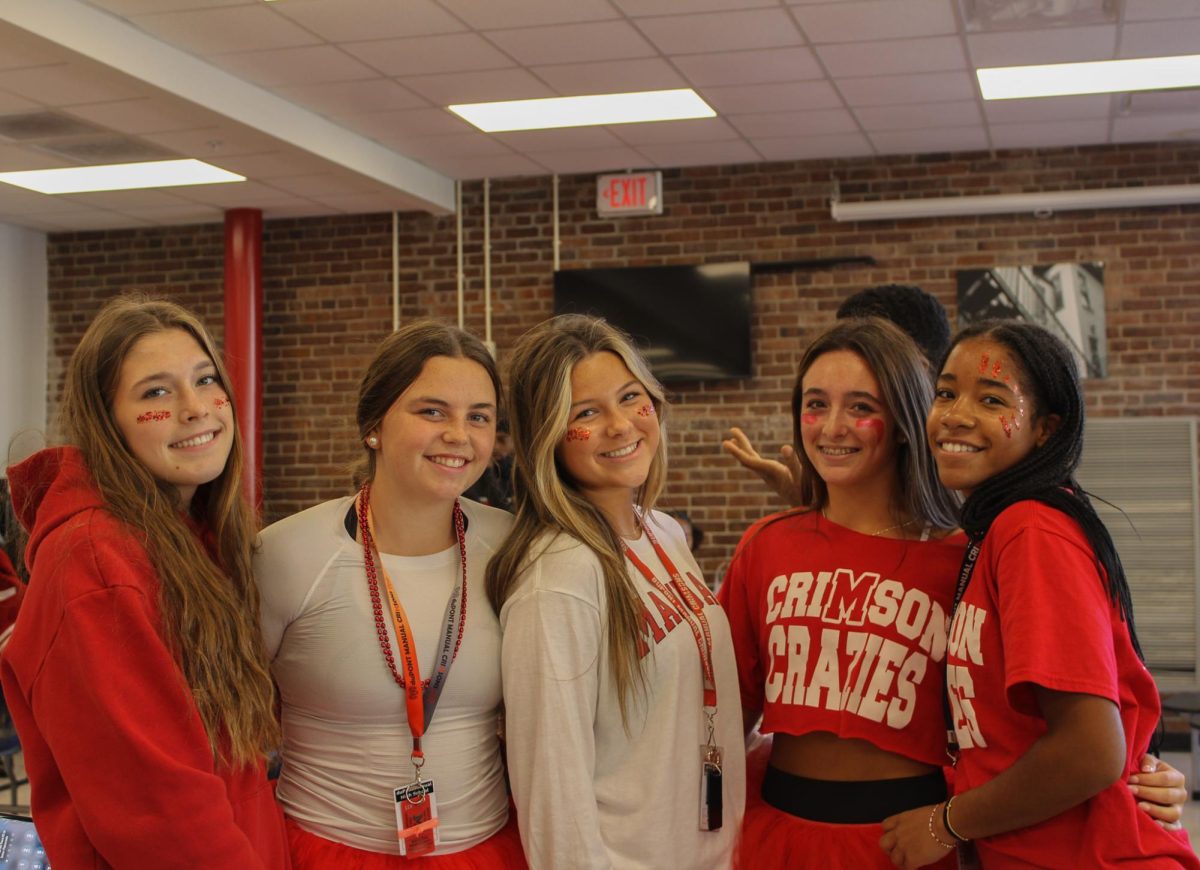Tradition during Red/White Week calls for balloons in the hallways, thousands of feet of posters covered in paint and smoke bombs or colored powder during the game. While the week is used primarily to celebrate the Old Rivalry all in good fun, recent climate change reports have indicated that small changes can go a long way in moving toward a more climate-conscious society.
On Oct. 8, the “United Nations’ Intergovernmental Panel on Climate Change released a new report announcing that there’s 12 years left to limit climate change,” according to Elite Daily.
While Red/White Week is only five days of festivities, there is a lot we can do to cut back on waste and lead the charge toward trying to eliminate greenhouse gases, harmful waste and other unnecessary pollution.
Students at Manual, members of Executive Council and members of Steering Committee should be conscious about their waste and other things that contribute to climate change. Here is a list of a few simple ways that we can eliminate waste during Red/White Week:
- Balloons are often made of synthetic rubber, a nonbiodegradable substance. If a balloon is not popped before thrown away, balloons filled with Helium can come back down to earth, litter oceans and get caught in electrical power lines. Manual can cut back on this kind of trash by purchasing balloons made of natural latex or using alternates like lanterns or paper streamers, reusable and biodegradable alternates.
- In terms of posters, Manual can reuse them from year to year to cut back on using the same amount of paper and paint. Once the week is over and the content on the poster is outdated, they should be recycled rather than just thrown in a regular garbage can.
- While light pollution is not as big of a factor to climate change, it can still affect our city and our way of life. According to the Dark Skies Awareness Organization, “a growing body of evidence links the brightening sky directly to measurable negative impacts on human health and immune functions.” Stadium lights at both Male and Manual stadium are made with customary metal halide bulbs, a type of LED. While LEDs are preferable for cutting back on light pollution, there are still ways to avoid using the harsh lights. Hosting the game during the day would eliminate the use of stadium lights and could even allow for even more fun Red/White Week festivities.
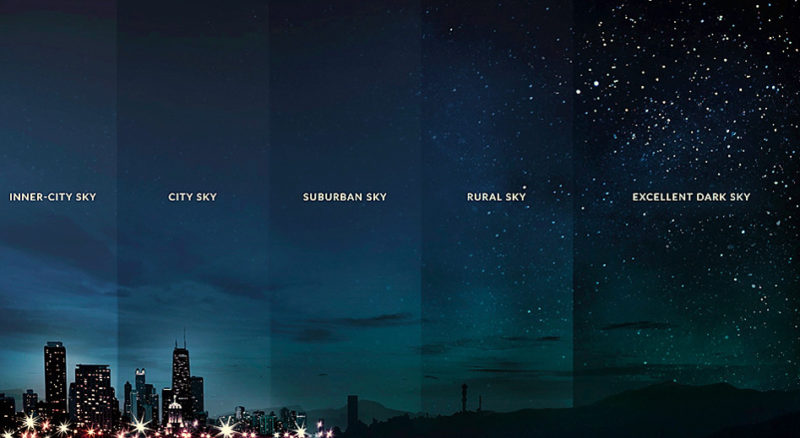
- Typically during football games, leaders of the Manual and Male student sections set off smoke bombs when their team scores a point or finishes a play. Student section leaders normally buy different brands of smoke bombs from year to year so it is hard to say whether or not the ones we use are helping or hurting the air and environment around us. However, smoke bombs can be made from scratch with materials already found in the air and in nature, follow the instructions here to find out how. In addition, colored powders and even baby powder can have the same effect.
- One of the biggest impacts on climate change is black carbon and carbon dioxide. Diesel transportation and regular car exhaust emissions contain both substances that are “most closely associated with increased air-pollution related mortality and morbidity,” according to the World Health Organization. By carpooling to and from the game with friends can decrease the number of cars on the road putting out toxic emissions. Another solution could include providing a busing service that could transport at least 30 students at a time.



